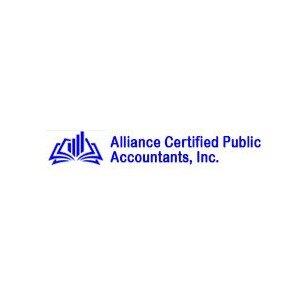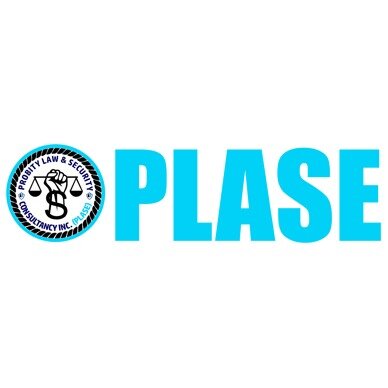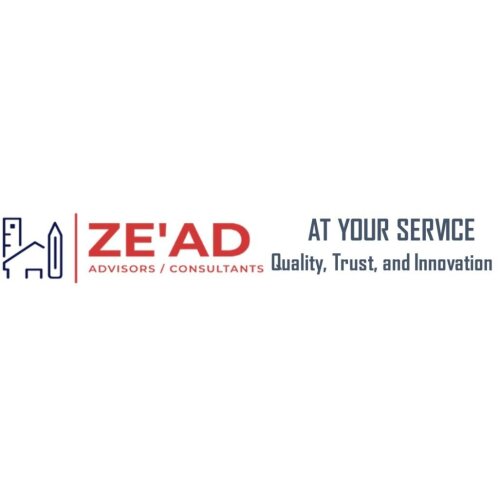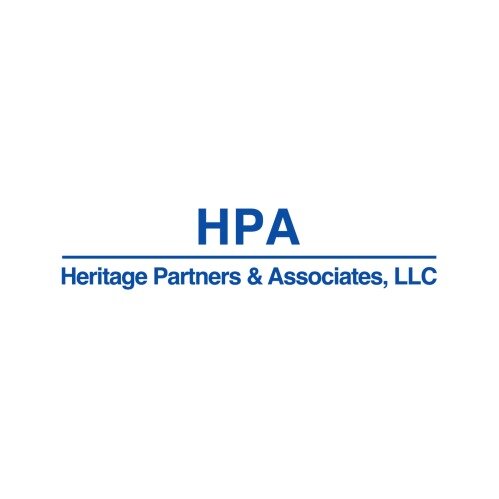Best Sanctions & Export Controls Lawyers in Liberia
Share your needs with us, get contacted by law firms.
Free. Takes 2 min.
Or refine your search by selecting a city:
List of the best lawyers in Liberia

Alliance Certified Public Accountants, Inc. (Alliance CPAs, Inc.)
15 minutes Free ConsultationAbout Sanctions & Export Controls Law in Liberia
Sanctions and export controls law in Liberia governs how goods, technology, and financial assets can be transferred in and out of the country, especially with respect to countries, individuals, or entities subject to international restrictions. The Liberian government is responsible for ensuring that international sanctions, such as those imposed by the United Nations or the African Union, are implemented and enforced within its borders. Export controls are legal restrictions designed to regulate trade, particularly with regards to items that could pose national security risks or violate international agreements. Understanding the basics of these laws is important for individuals, companies, and organizations that engage in cross-border transactions, imports, exports, or financial transfers.
Why You May Need a Lawyer
There are several situations where seeking legal help in the field of sanctions and export controls may be necessary:
- If you are involved in importing or exporting goods and need to know whether your products or transactions are permitted.
- If you have received a government notice or inquiry regarding possible violations of sanctions or export controls.
- If your assets have been frozen due to an alleged breach of international or national sanctions.
- If you are considering doing business with companies or individuals from countries subject to international sanctions.
- If you require guidance navigating dual-use regulations, which affect goods that have both civilian and military applications.
- If you need assistance with licensing or permit applications for exports or financial transactions.
- If you are unsure how international sanctions (such as United Nations Security Council sanctions) affect your business operations in Liberia.
Legal professionals with expertise in this area can help you understand your obligations, assess your compliance status, and manage any legal risks associated with sanctions and export controls in Liberia.
Local Laws Overview
Liberia has specific laws and enforcement mechanisms to comply with international sanctions and regulate exports. The country is a member of the United Nations and the African Union, both of which have the authority to impose sanctions that Liberia must enforce through domestic legislation. The Ministry of Commerce and Industry, Ministry of Finance and Development Planning, and Liberia Revenue Authority are primary agencies involved in implementing and monitoring compliance.
Key aspects of local laws include:
- Prohibition on transactions with listed individuals, entities, or countries under United Nations or African Union sanctions.
- Mandatory reporting and licensing requirements for certain exports, especially arms, ammunition, dual-use goods, and restricted technologies.
- Financial sanctions including asset freezes and restrictions on financial transfers relating to embargoed entities or countries.
- Obligations on banks, importers, exporters, and transport companies to perform due diligence on counterparties and report suspicious transactions.
- Severe penalties, including fines and imprisonment, for violations of sanctions and export control laws.
If you plan to engage in cross-border business, or if you are approached for transactions that may involve sanctioned countries or restricted items, understanding and complying with Liberian sanctions and export controls law is crucial to avoid legal and financial consequences.
Frequently Asked Questions
What are sanctions and export controls?
Sanctions are legal restrictions imposed by governments or international bodies that limit trade, finance, or other activities with specific countries, organizations, or individuals. Export controls are laws and regulations that control the movement of specific goods, services, or technologies across borders for reasons of national security or foreign policy.
Who enforces sanctions and export controls laws in Liberia?
Sanctions and export controls are primarily enforced by the Ministry of Commerce and Industry, the Ministry of Finance and Development Planning, and the Liberia Revenue Authority. Additionally, Liberia’s Financial Intelligence Unit oversees financial aspects relating to compliance.
What goods or services are commonly subject to export controls?
Export controls typically apply to arms and ammunition, military technology, dual-use goods (items that have both civilian and military purposes), and certain chemicals, electronics, or software. Financial transactions may also be restricted.
Are there international sanctions that apply in Liberia?
Yes. As a United Nations and African Union member, Liberia enforces international sanctions adopted by these organizations, including arms embargoes, travel bans, and asset freezes on certain individuals or entities.
Do I need a license to export goods from Liberia?
In many cases, yes. Exporting goods that are listed as restricted or controlled will require a license or permit obtained from the Ministry of Commerce and Industry or another relevant authority.
What happens if I violate sanctions or export controls law?
Violations can result in severe penalties, including fines, confiscation of goods, loss of business licenses, and even imprisonment. Businesses may also be subject to civil liabilities and reputational damage.
How can I check if a person or company is on a sanctions list?
Sanctions lists are published and regularly updated by the United Nations, African Union, and Liberian authorities. Consulting these lists and seeking legal advice can help you determine whether a potential business partner is subject to restrictions.
Can I transfer money to or from a sanctioned country or individual?
Generally, financial transfers involving sanctioned countries or individuals are prohibited or strictly controlled. Exceptions may exist, but these require legal assessment and possibly special authorization.
What should my business do to stay compliant with sanctions and export controls?
Establish internal compliance processes such as screening counterparties, training staff, obtaining necessary export licenses, and seeking legal guidance when transactions raise “red flags.” Promptly report suspicious activities to the relevant authorities.
Where can I turn if I’m unsure about compliance?
Consult a qualified lawyer with experience in Liberian sanctions and export controls law. You can also approach government agencies, such as the Ministry of Commerce and Industry, for official guidance.
Additional Resources
For more information and assistance, consider these resources:
- The Ministry of Commerce and Industry - Responsible for licensing and export compliance.
- Ministry of Finance and Development Planning - Oversees financial sanctions enforcement.
- Liberia Revenue Authority - Regulates customs and trade compliance.
- Liberia Financial Intelligence Unit - Deals with the financial aspects of sanctions enforcement.
- United Nations and African Union Sanctions Committees - Provides lists and updates on sanctions affecting Liberia.
- Local legal aid organizations and bar associations - Can provide references to qualified sanctions and export controls lawyers.
Next Steps
If you believe you may be subject to sanctions and export controls regulations, or if you have received official communication regarding a possible breach, do not delay in seeking legal advice. Start by gathering any relevant documents about your business activities, transactions, or official correspondence. Contact a legal professional with expertise in sanctions and export controls in Liberia. You may also visit or contact the appropriate government agencies for information about necessary licenses or regulatory obligations. Proactive legal guidance can help protect your interests, ensure compliance, and resolve potential legal problems before they escalate.
Lawzana helps you find the best lawyers and law firms in Liberia through a curated and pre-screened list of qualified legal professionals. Our platform offers rankings and detailed profiles of attorneys and law firms, allowing you to compare based on practice areas, including Sanctions & Export Controls, experience, and client feedback.
Each profile includes a description of the firm's areas of practice, client reviews, team members and partners, year of establishment, spoken languages, office locations, contact information, social media presence, and any published articles or resources. Most firms on our platform speak English and are experienced in both local and international legal matters.
Get a quote from top-rated law firms in Liberia — quickly, securely, and without unnecessary hassle.
Disclaimer:
The information provided on this page is for general informational purposes only and does not constitute legal advice. While we strive to ensure the accuracy and relevance of the content, legal information may change over time, and interpretations of the law can vary. You should always consult with a qualified legal professional for advice specific to your situation.
We disclaim all liability for actions taken or not taken based on the content of this page. If you believe any information is incorrect or outdated, please contact us, and we will review and update it where appropriate.
Browse sanctions & export controls law firms by city in Liberia
Refine your search by selecting a city.











